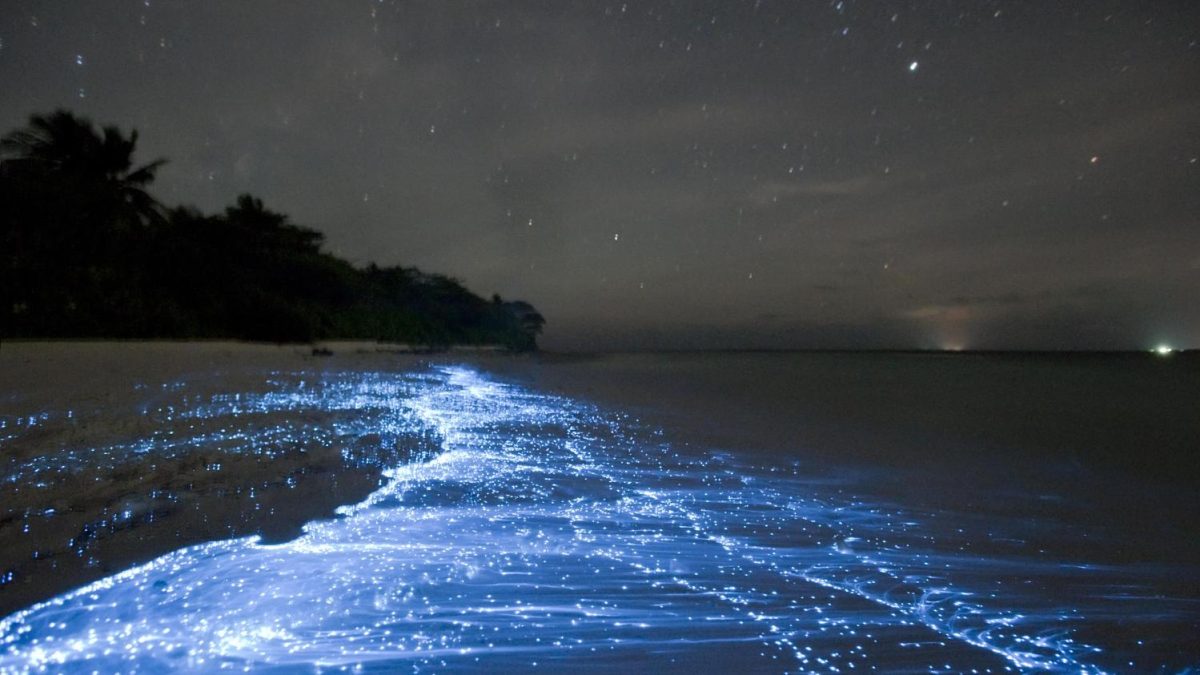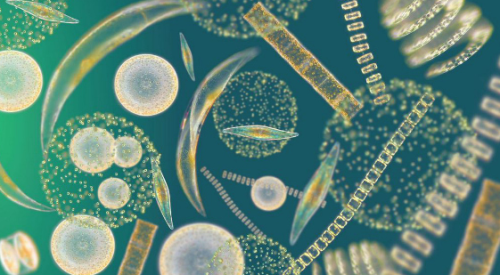Plankton Diversity: Its Importance for Coastal Management

Photo Credit : Doug Perrine Nature Picture
Plankton are microscopic organisms that live in marine and freshwater environments. Plankton diversity affects ecosystem processes, such as primary production, nutrient cycling, and climate dynamics. Plankton also serves as the base of the food web for many aquatic animals.
Plankton diversity is important for coastal management, as it influences the ecological services and functions of coastal waters. Plankton diversity can be measured in different ways, depending on the level of organization and the criteria used to group plankton species. Plankton diversity can vary spatially and temporally depending on environmental conditions and the biological interactions of plankton organisms. Some main factors that affect plankton diversity are temperature, salinity, light, nutrients, turbulence, predation, and competition. Plankton diversity can also be influenced by human activities such as pollution, eutrophication, overfishing, aquaculture, and climate change. These factors can have positive or negative impacts on plankton diversity depending on the type, intensity, and duration of disturbance.
Plankton diversity is important to coastal management as it affects the structure and function of coastal ecosystems, such as:
- Affecting the water quality of coastal waters, as plankton can regulate biogeochemical cycles of carbon, nitrogen, phosphorus, and other elements. Plankton diversity can also affect oxygen levels, pH, and turbidity of the water.
- Affecting the fisheries of coastal waters, as plankton can provide food for many fish and shellfish species. Plankton diversity can also affect the stability of fish and shellfish populations, as plankton organisms can buffer the effects of environmental variability and disturbance.
- Affecting the recreation of coastal waters, as plankton organisms can enhance or reduce the aesthetic and recreational value of coastal waters.
Plankton diversity is a valuable natural resource that should be conserved and managed for the benefit of coastal ecosystems and human societies. Plankton diversity management requires a holistic and integrated approach that considers the multiple dimensions and scales of its interaction with the physical, chemical, and biological environment. Some of the strategies and actions for plankton diversity management are:
- Monitoring and assessment of plankton diversity to understand the status and trends affecting coastal ecosystems and human societies. This activity requires appropriate methods and indicators.
- Conservation and restoration to maintain and enhance the ecological services and functions of the waters. This activity requires identification and protection of key areas and habitats. In some cases, it requires the rehabilitation of degraded areas and habitats.
- Education and awareness to increase knowledge on plankton diversity and its importance for coastal ecosystems and human society. This activity requires the dissemination of education and outreach materials such as books, articles, videos, etc.

Photo Credit : R Kirby
Plankton diversity is a key aspect of coastal management as it influences the ecological services and functions of coastal waters, such as water quality, fisheries, and recreation. Plankton diversity management requires a holistic and integrated approach that considers the multiple dimensions and scales of plankton diversity and its interaction with the physical, chemical, and biological environment. Plankton diversity management is a challenging, yet rewarding task that can contribute to the sustainable development and well-being of coastal ecosystems and human society.

